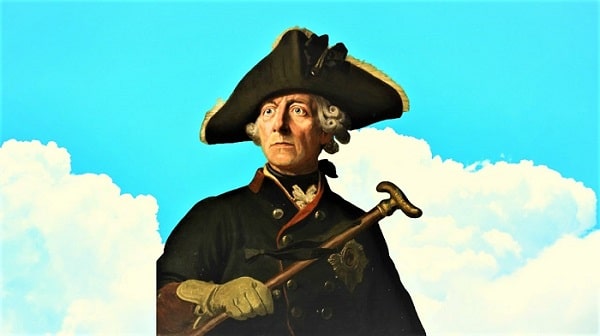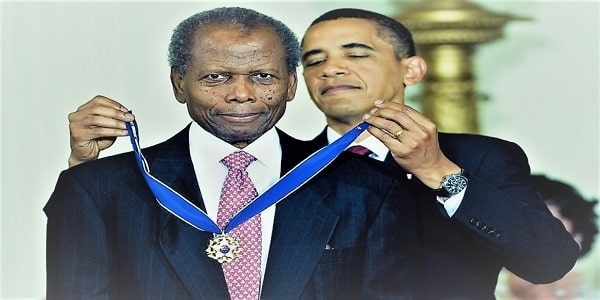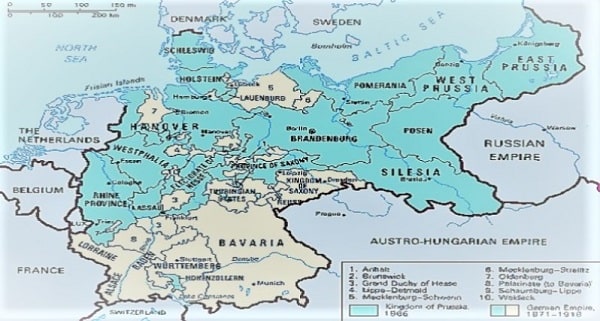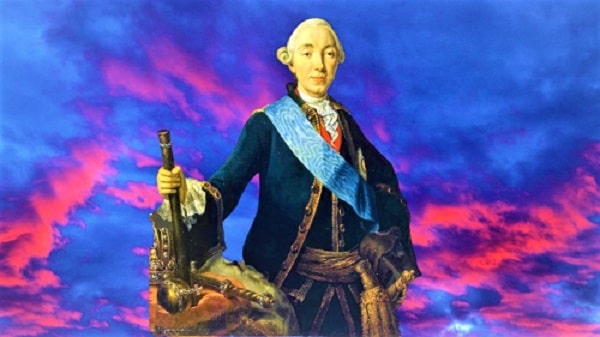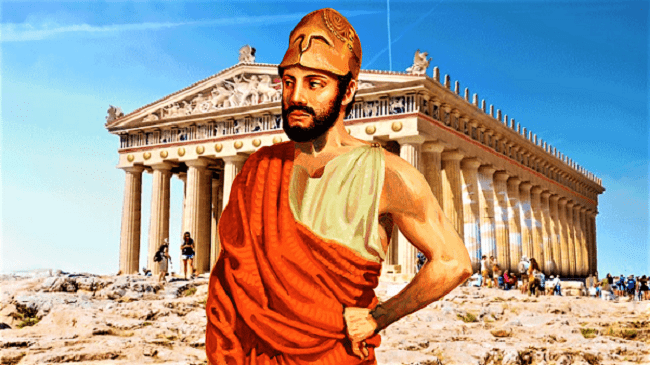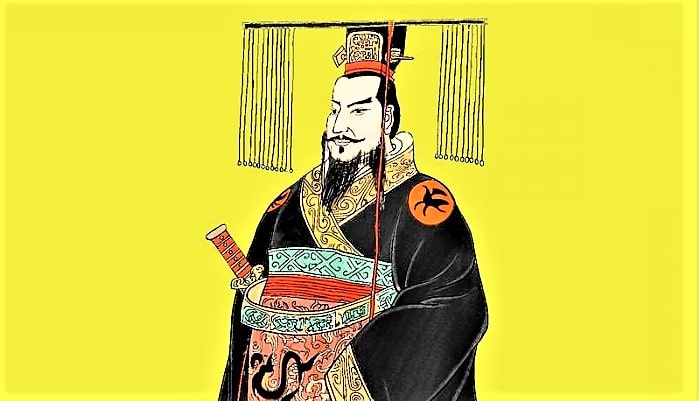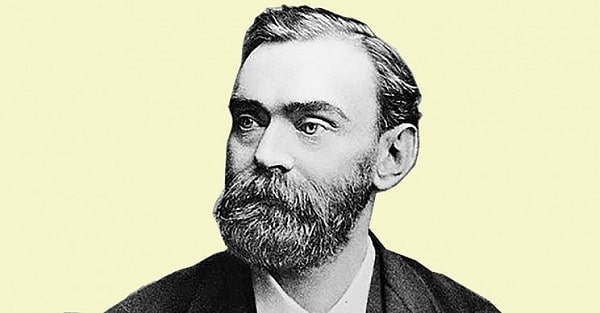Frederick the Great Biography, Enlightenment, Wars & Death
Frederick the Great or Frederick II (Born on 24 January 1712 – Died on 17 August 1786) was a 3rd Prussian king and military leader who ruled the Kingdom of Prussia from 1740 until 1786, at the age of 46 years, he was the longest-serving king of any House of Hohenzollern.His most significant achievements during his reign included his military victories, his reorganization of the Prussian armies, his sponsorship of the arts and the Enlightenment, and his final success in the Seven Years' War against the major European powers of the time.Frederick was the last monarch Hohenzollern entitled King in Prussia and declared himself king of Prussia after achieving sovereignty over most historically Prussian lands in 1772. By the end of his reign, Prussia had greatly increased its territories...
